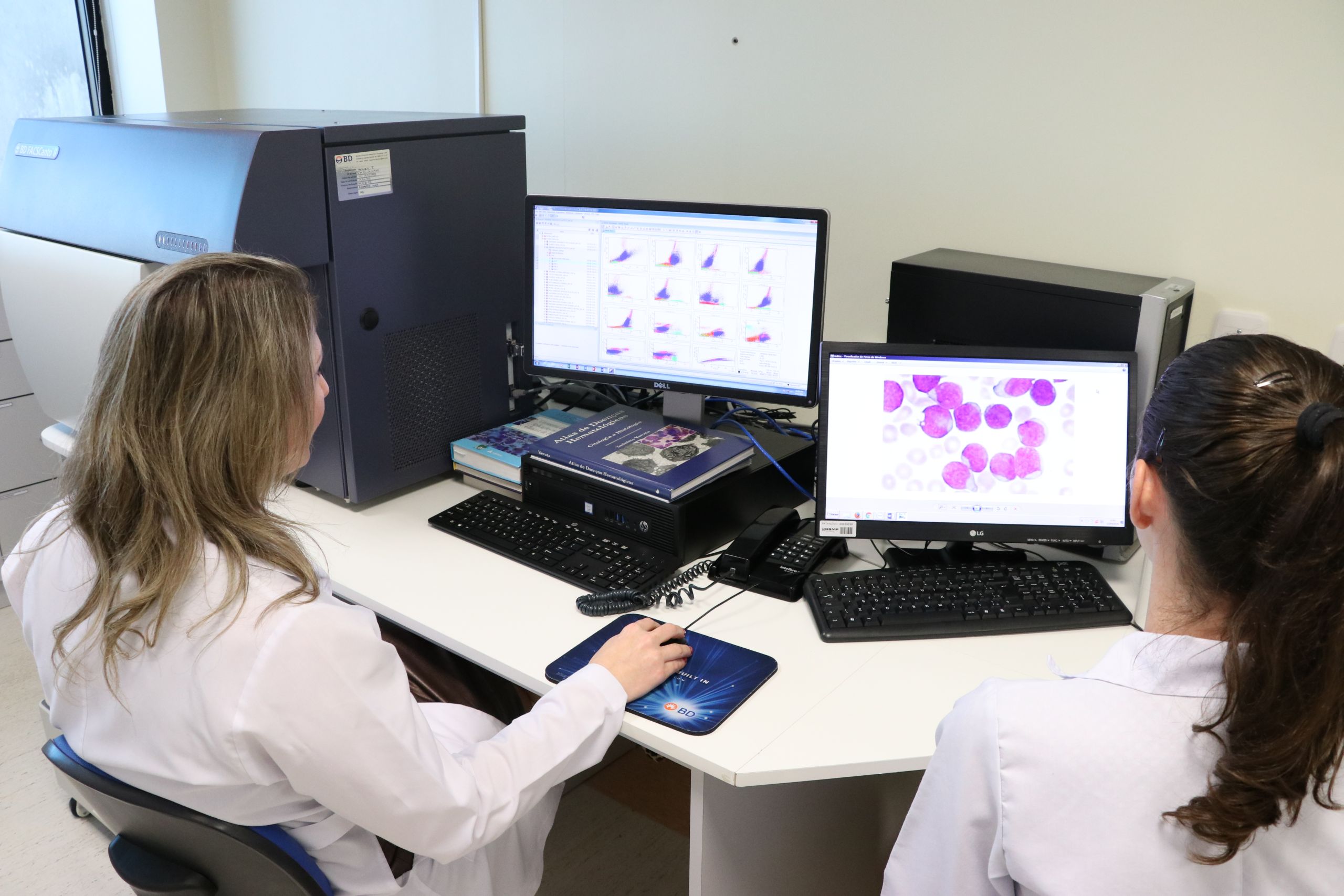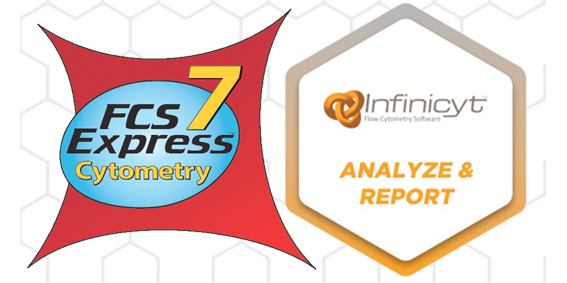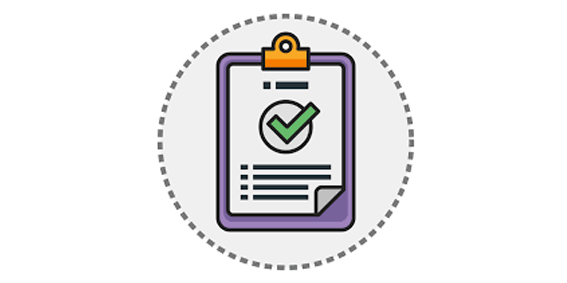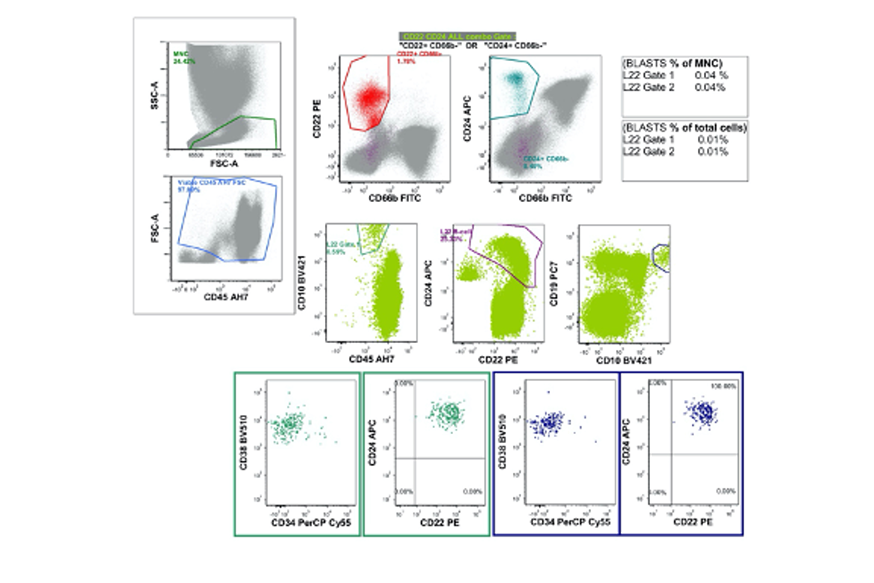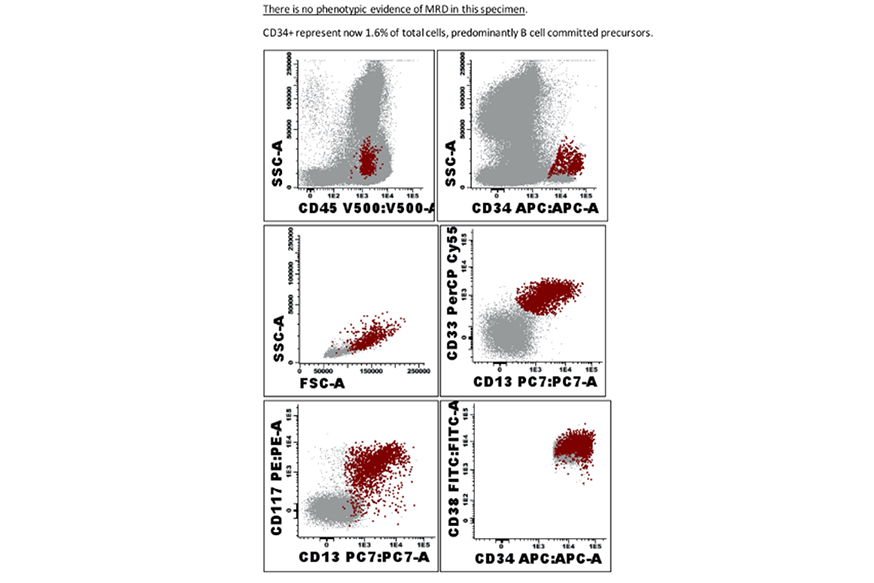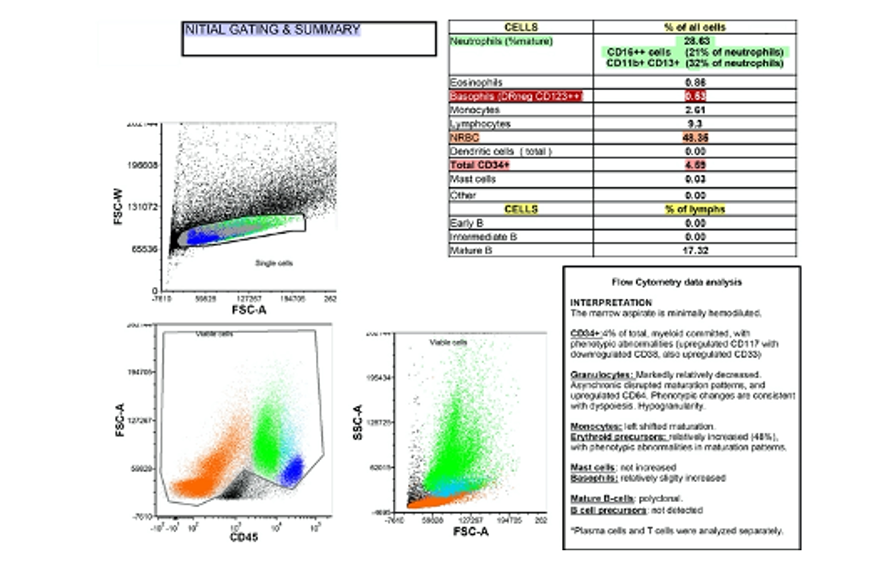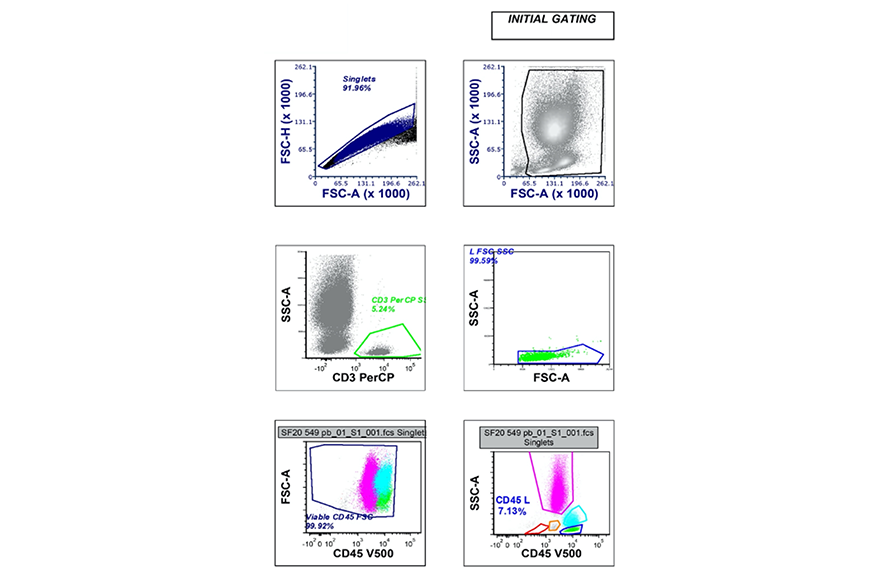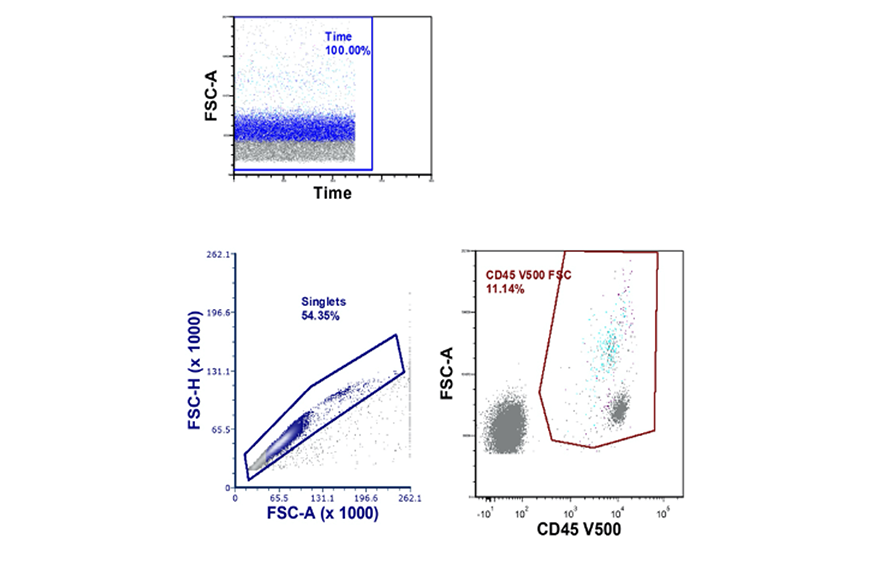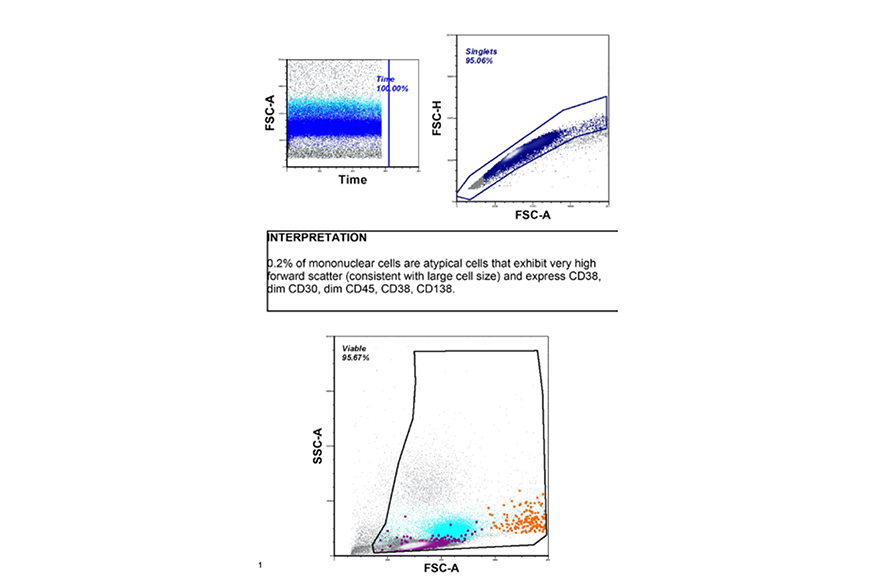WHY CHOOSE US
For each individual customer, we are able to accommodate our service to their individual needs, ensuring efficient performance, uninterrupted service, and the highest level of security. After contract agreement is established, we personally visit the customer facility.
- to know about staining and data acquisition procedures.
- to discuss about type of report you would like to receive.
- to help in designing analysis templates.
- to provide practical guidance in any related topic.
- to assist you to set up convenient internet connection, file transfer protocol.
